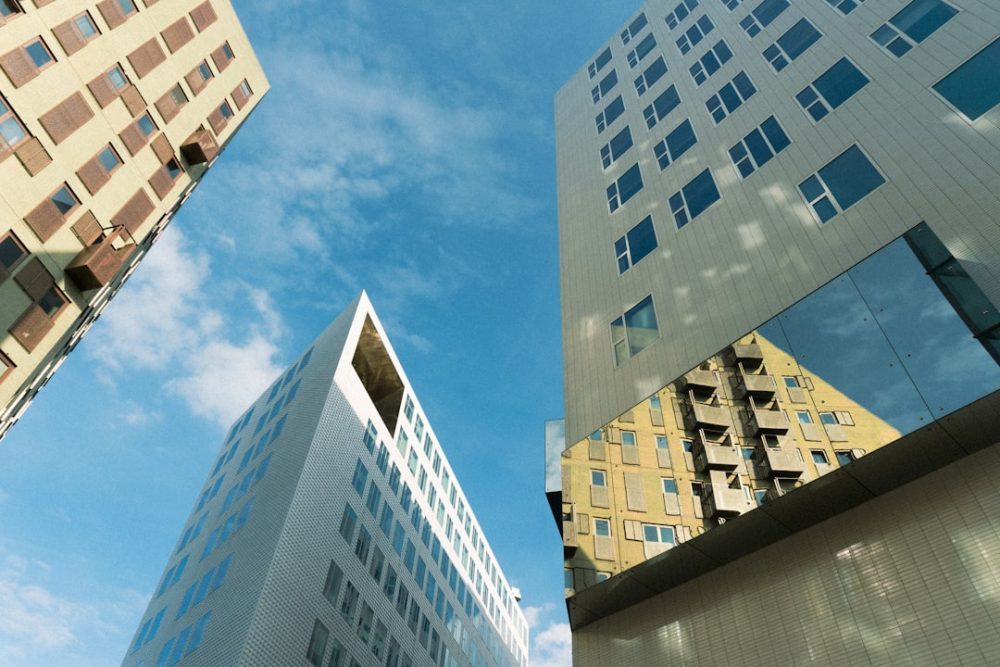In an era where technology is reshaping every industry, the real estate sector is no exception. Property managers, in particular, are experiencing a significant transformation with the emergence of property technology, commonly referred to as proptech. As the demands for greater efficiency, better tenant service, and streamlined operations grow, understanding proptech has become essential for staying competitive in the modern real estate market.
What is Proptech?
Proptech is a broad term that encompasses the use of technology to enhance, streamline, and innovate the way real estate is bought, sold, managed, and leased. It includes a wide array of tools, platforms, software, and hardware aimed at transforming the traditional practices in property management and real estate investment.
While the term may appear modern, the concepts behind proptech—such as automation, digital communication, and data-driven decision-making—have been evolving over the past few decades. Today, proptech spans a range of applications from virtual property tours to AI-driven maintenance solutions, and from smart building systems to online rental platforms.
Key Areas of Proptech Relevant to Property Managers
For property managers, the adoption of proptech can significantly improve the efficiency and effectiveness of operations. Below are some major areas where proptech is making a noticeable impact:
- Digital Property Management Systems (PMS): These platforms handle everything from tenant applications to rent collection and maintenance requests. They enable companies to centralize administrative tasks, reducing manual workloads and minimizing errors.
- Smart Building Technologies: Internet of Things (IoT) devices monitor and control aspects such as lighting, HVAC, and security, resulting in energy savings and enhanced occupant comfort.
- Virtual Tours and Augmented Reality: High-quality virtual property tours allow prospective tenants or buyers to view units remotely, saving time and improving decision-making.
- Automated Maintenance Scheduling: AI-powered maintenance systems detect faults and schedule service technicians before issues escalate, reducing downtime and repair costs.
- Tenant Communication Platforms: Mobile apps and web portals facilitate easier communication between property managers and tenants, improving satisfaction and retention.
[ai-img]smart building technology, iot, real estate innovation[/ai-img]
Benefits of Embracing Proptech
The integration of proptech brings several advantages, particularly for property managers dealing with a growing number of tenants and properties. Some of the most impactful benefits include:
- Operational Efficiency: Automating routine tasks saves valuable time and reduces administrative burden.
- Data-Driven Decisions: Advanced analytics and dashboards help managers understand trends, forecast demand, and improve resource allocation.
- Cost Reduction: Monitoring energy usage and regular preventive maintenance can lead to notable savings over time.
- Improved Tenant Experience: Streamlined communication channels and online services enhance tenant convenience and satisfaction.
- Scalability: Tech-driven systems allow managers to handle more properties without a proportional increase in labor and costs.
Challenges and Considerations
Despite its clear advantages, implementing proptech solutions is not without challenges. Property managers must address the following points when integrating new technologies:
- Initial Investment: The cost of setting up new hardware or subscribing to platforms can be significant, especially for smaller firms.
- Staff Training: Team members must adapt to new systems, which may require formal training and a transitional period.
- Data Security: As operations go digital, ensuring cybersecurity and data privacy becomes a top priority.
- Vendor Reliability: Choosing reputable and stable tech partners is crucial for long-term success and support.
[ai-img]cybersecurity, data privacy, real estate technology[/ai-img]
The Future of Proptech in Property Management
The proptech landscape is overgrowing, with innovations constantly emerging. As artificial intelligence, blockchain, 5G, and edge computing gain traction, the way properties are managed will continue to evolve. For property managers, this means an ongoing journey of learning, adaptation, and strategic investment.
Moreover, sustainability and ESG (Environmental, Social, and Governance) compliance are increasingly being driven by technology. Smart sensors can optimize energy use, while digital platforms can track ESG metrics and generate compliance reports automatically.
Conclusion
Proptech is not just a buzzword; it represents a fundamental shift in how real estate is managed and experienced. For property managers, embracing these technologies means staying resilient in a competitive market and delivering better outcomes for tenants, owners, and investors alike. As digital transformation continues to redefine the property industry, those who act early—and wisely—will set the standards for the future.


